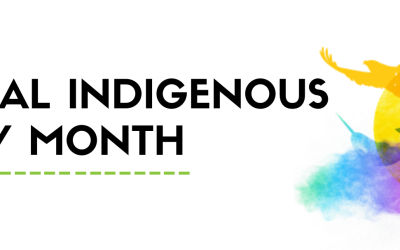Calgary – Nisga’a President Mitchell Stevens has expressed pleasure at the findings from a Frontier-sponsored survey that Nisga’a people have become more trusting of their government as a result of the Nisga’a Treaty. The Frontier Centre for Public Policy shares Mr. Stevens’ pleasure at these results.
We also share Mr. Stevens’ belief that the Nisga’a Government should be consulted when a project of the importance of the Frontier study is carried out.
This shared belief about the importance of keeping Nisga’a leaders informed of our efforts led Frontier staff to make a point of meeting with three top officials of the Nisga’a Lisims Government to talk about the study.1 In the same spirit, our staff met twice with the President himself in September, 2010 to discuss the study, including once together with the NLG Executive.
We maintained repeated contact on the progress of the study including email messages in January, 2011. All our oral and written communications2 mentioned key informant interviews carried out by our staff as well as the survey interviews carried out by COMPAS Research, a long established and well respected supplier of polls and other attitude-related studies.3
Nisga’a President Stevens said recently that he had not been informed of the study. We strongly support President Stevens right to be informed. Given our many efforts to do just that, we are at a loss about what other actions we could or should have taken to be absolutely certain that the Nisga’a President felt informed. We welcome suggestions about what we could do in future studies of governance in First Nations communities.
President Stevens has called on Frontier to identify key informants and has expressed a desire to vet and approve our research before publication.
The identities of key informants and survey respondents may not be revealed under Canadian law. Doing so would transgress Canada’s privacy laws, not to mention the rules and regulations of the research industry.
We did inform the Nisga’a leadership of our study on many separate occasions.4 We are not aware of receiving research-related suggestions from the Nisga’a leadership that we rejected or chose not to follow.
Admittedly, we could have actively solicited the involvement of the Nisga’a leadership in the study from start to finish. Unfortunately, doing so might have reduced the credibility of the study. A study in which Nisga’a leaders were heavily involved might have been perceived as in conflict of interest. It could have led Canadians to wrongly dismiss out of hand our findings of increased trust in the Nisga’a leadership in the wake of the Treaty.
We share the hopes and desire of the Nisga’a people for greater prosperity in their autonomy, and we join with President Stevens in celebrating such hope and the spirit of constructive engagement of our study.
Marco Navarro-Genie, Ph.D.
Director of Research
Frontier Centre for Public Policy
1. Les Clayton, Director of Communications and Intergovernmental Relations, Bert Mercer, Economic Development Manager, and Fred Tolmie, Chief Executive Officer.
2. All email correspondence is available on request.
3. A COMPAS interview schedule of Qs and As is available at www.compas.ca along with a short methodology statement.
4. See preceding footnote.


